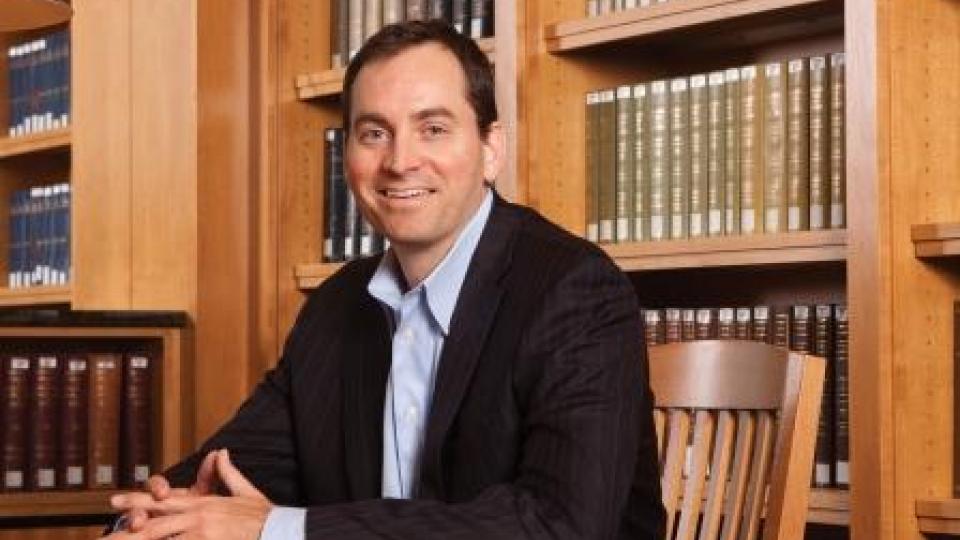
Space industry leaders will gather in Washington, D.C., on Nov. 3 for a University of Nebraska-sponsored conference to discuss how to regulate business activity in outer space.
Attendees include representatives of Planetary Resources, the asteroid mining company backed by director James Cameron; Bigelow Aerospace, which is developing an inflatable research facility to be placed on the moon; SpaceX, which recently won a contract to taxi astronauts to the International Space Station; and Virgin Galactic, which is soon to launch the first human sub-orbital space flight.
Organizer Matthew Schaefer, director of the space, cyber and telecommunications law program at the University of Nebraska College of Law, said congressional staffers and representatives of the Federal Aviation Administration, the Federal Communications Commission and the State Department are among about 45 space industry insiders who have agreed to attend.
The conference, to be held at the National Press Club, will feature two panels that are open to the public: “On-Orbit Jurisdiction: Government and Industry Views,” 11:30 a.m. to 12:40 p.m.; and “On-Orbit Jurisdiction — Perspectives from Different Elements of Space Sector,” 1:30 p.m. to 2:30 p.m.
Currently, the FAA licenses spacecraft launches and landings, but Congress never expressly delegated authority to regulate activities on orbit or in space, Schaefer said.
With many new space activities on the near horizon, such as asteroid mining, commercial human space flight, private laboratories and hotels, and space-based satellite repair and maintenance, Schaefer said regulatory issues are coming to the forefront.
While private investors want protection of property rights and safety zones to avoid damage and interference from other ventures, the commercial space sector also is concerned that heavy-handed regulation could stifle development and drive investment overseas.
Meanwhile, the U.S. government is obliged under the international outer space treaty to authorize and supervise commercial space endeavors arising in this country. Other nations’ response to new space activities may depend upon whether the U.S. has regulations sufficient to prevent contamination of the Earth or celestial bodies in mining ventures or to avoid risk to neighboring satellites during on-orbit servicing.
The conference will be the seventh annual Washington, D.C., event staged by Nebraska’s Space, Cyber and Telecommunications Law program.
For more information go to: http://law.unl.edu/node/491/
Written by Leslie Reed, University Communications